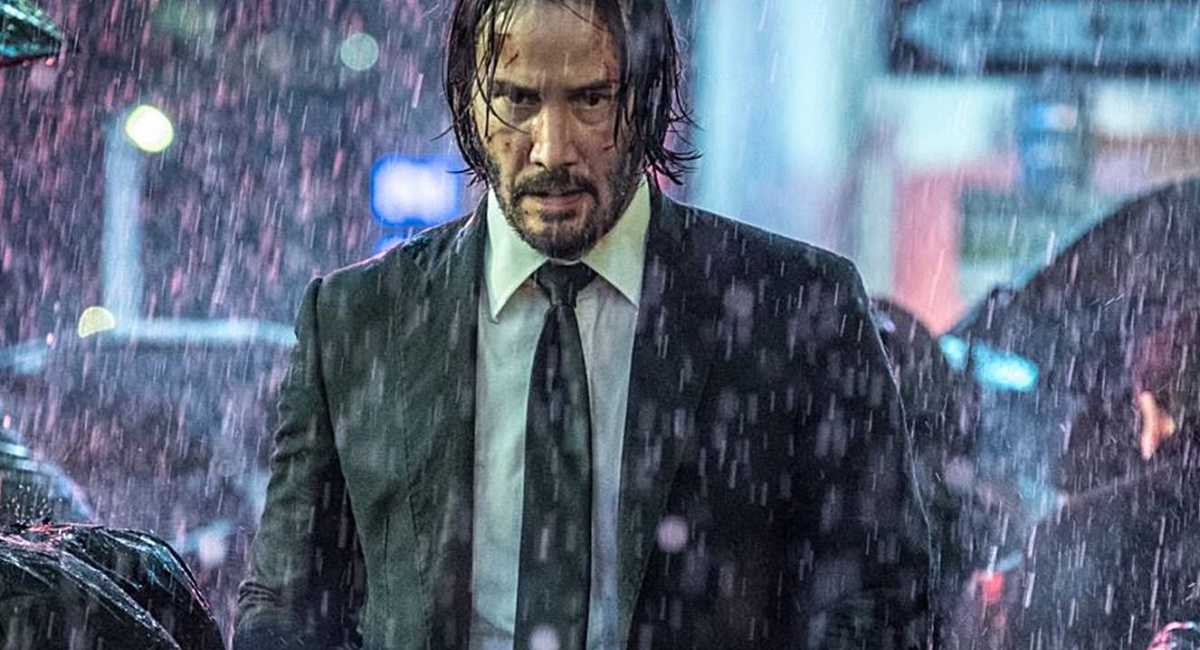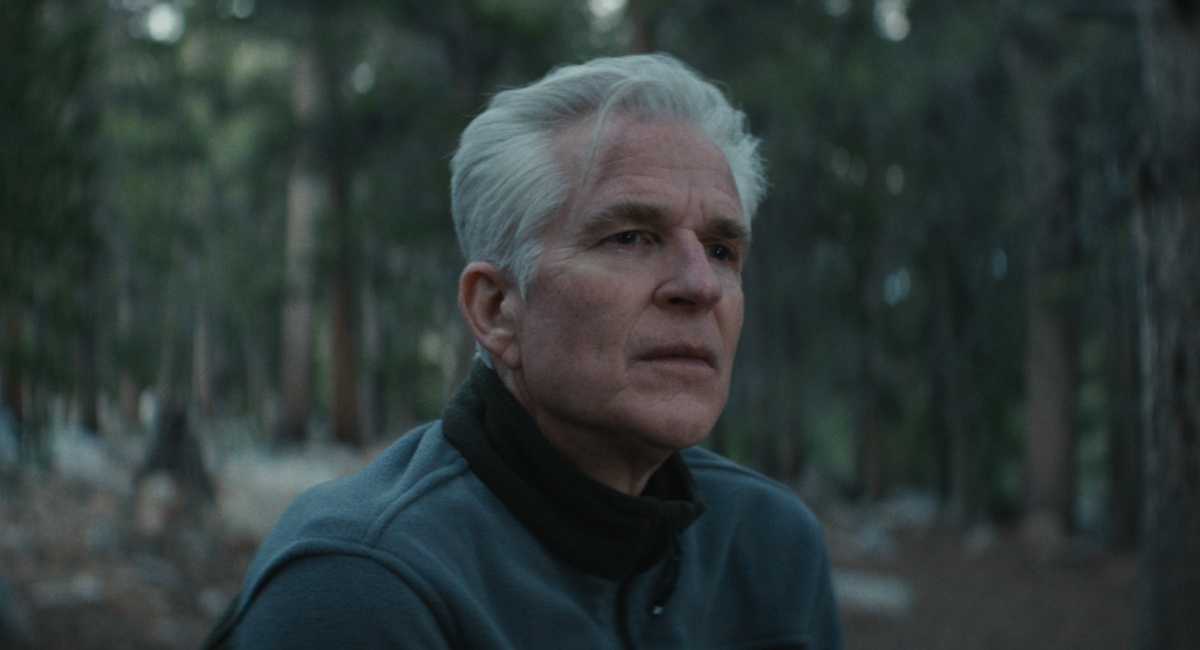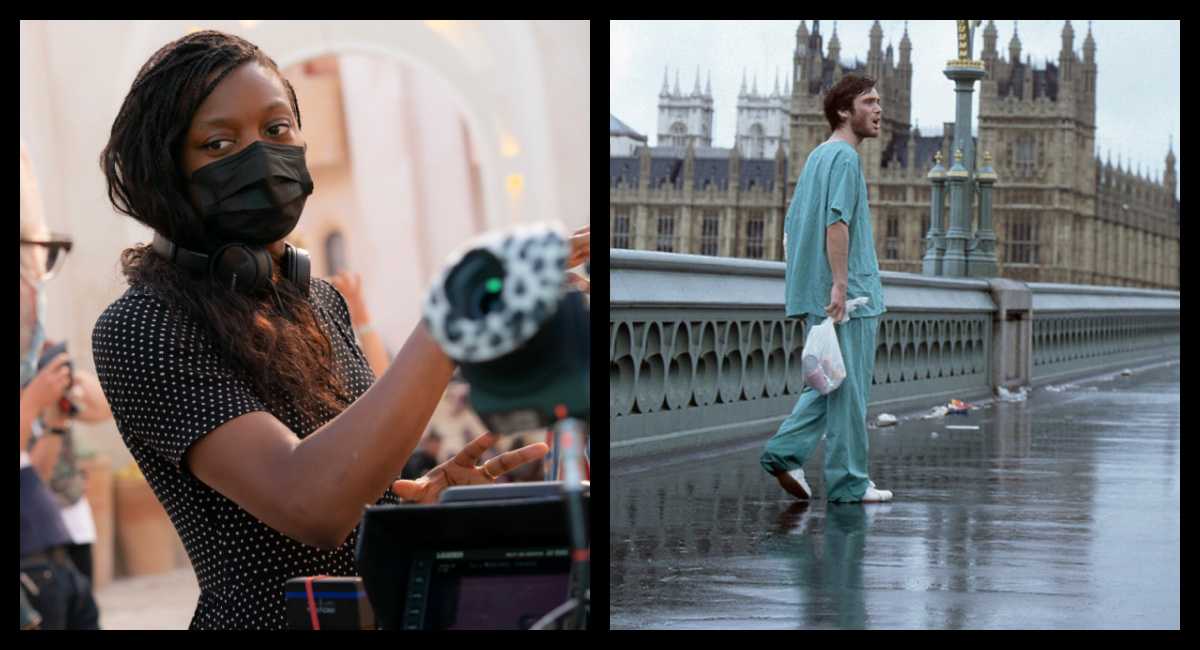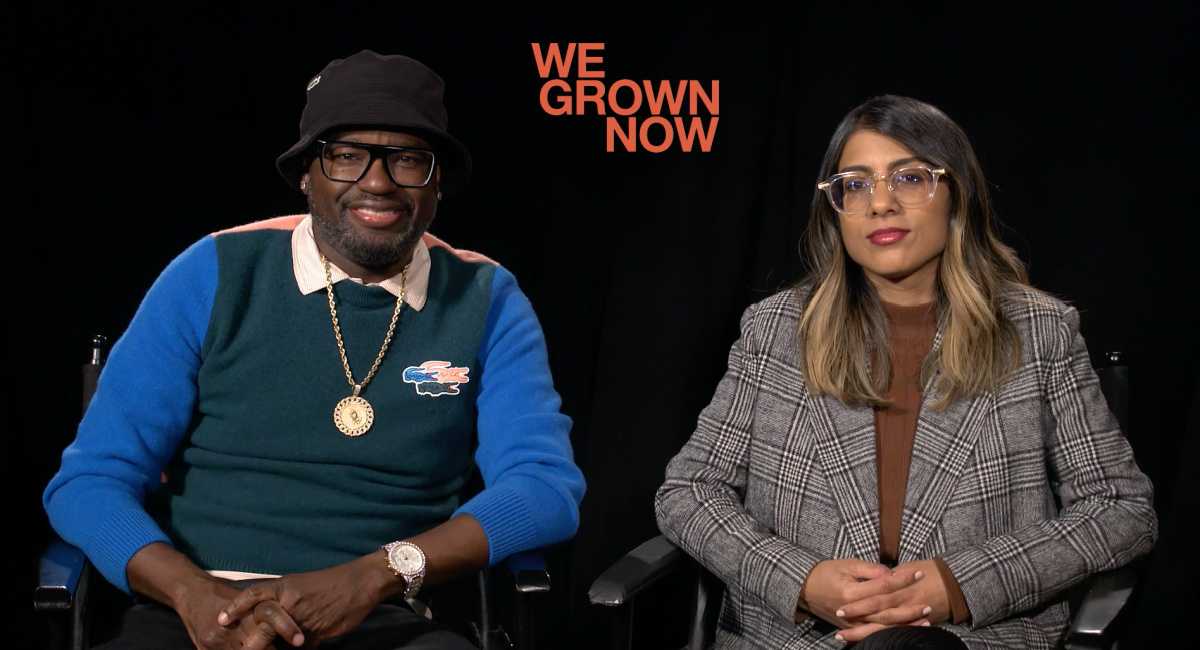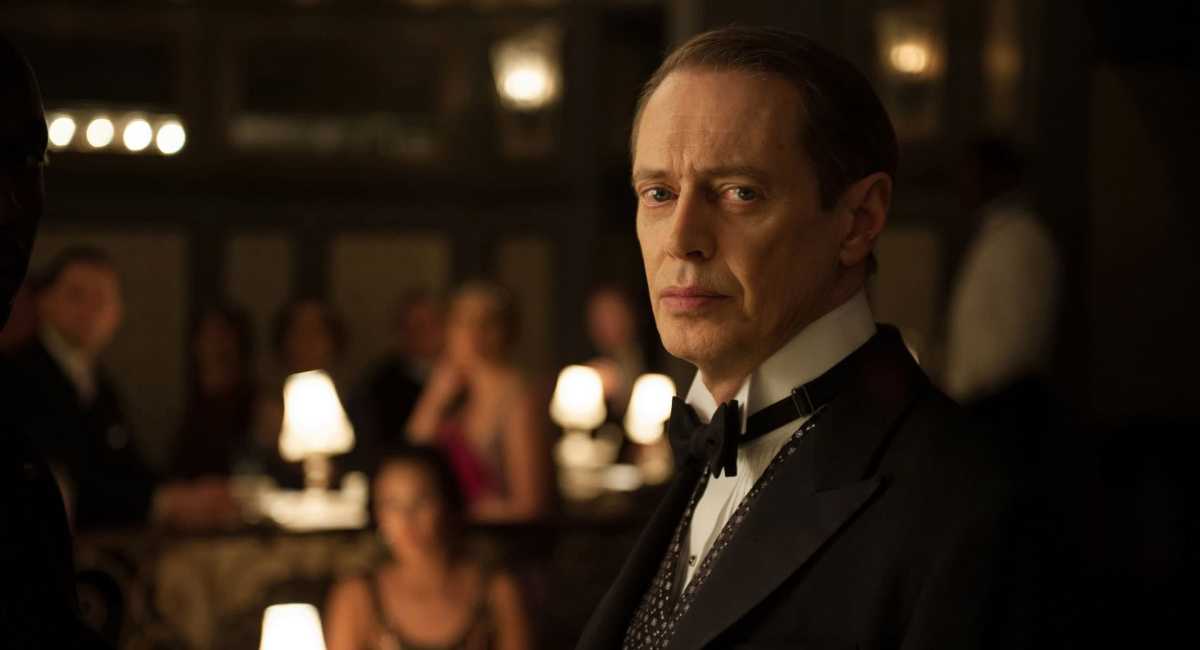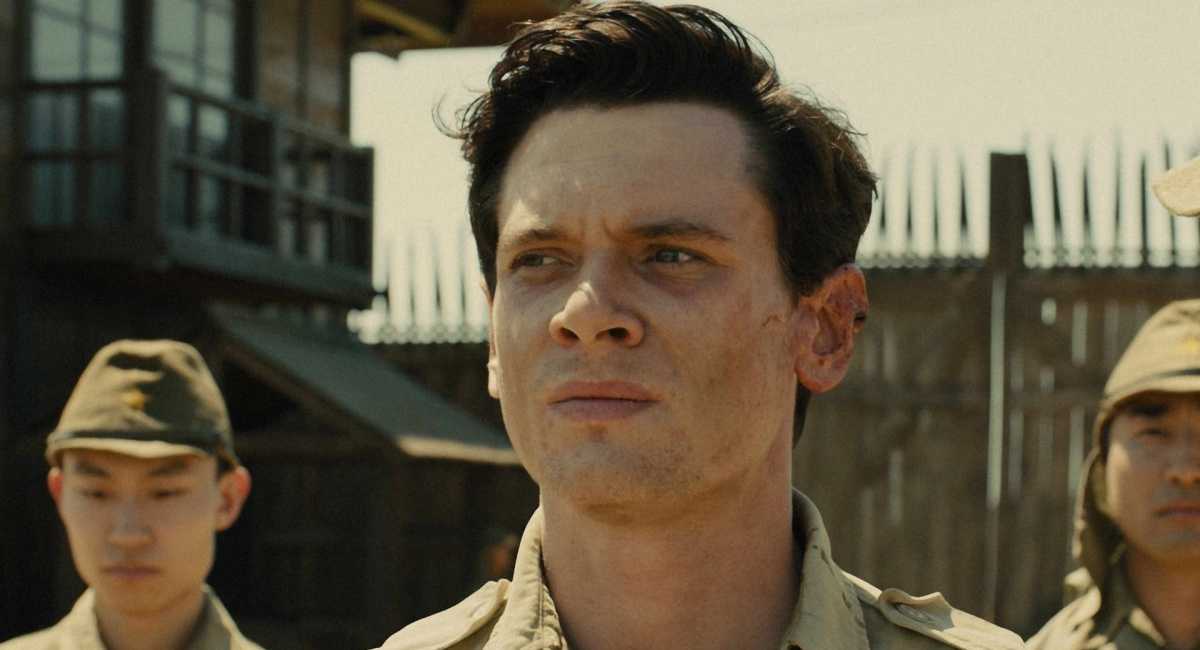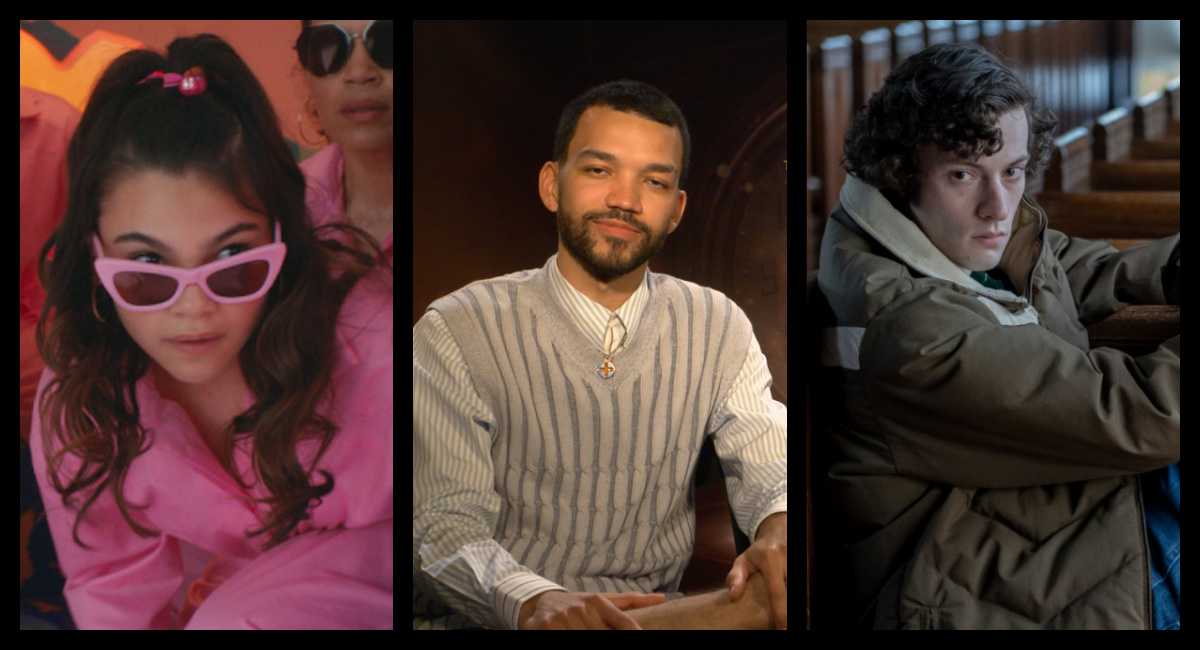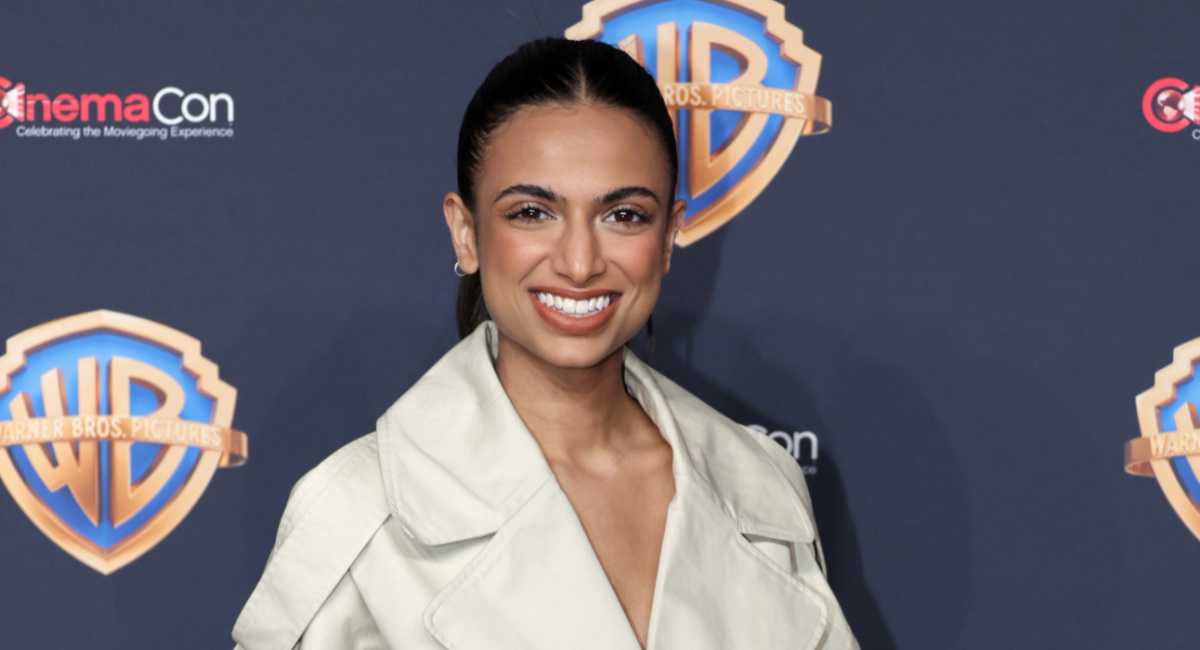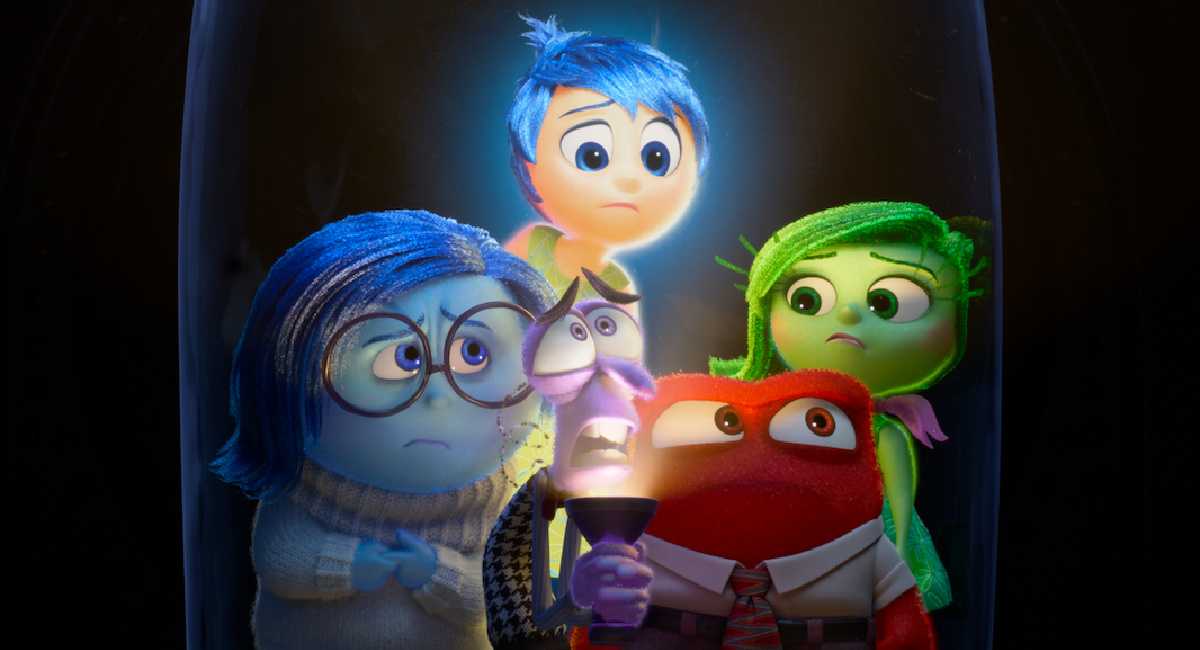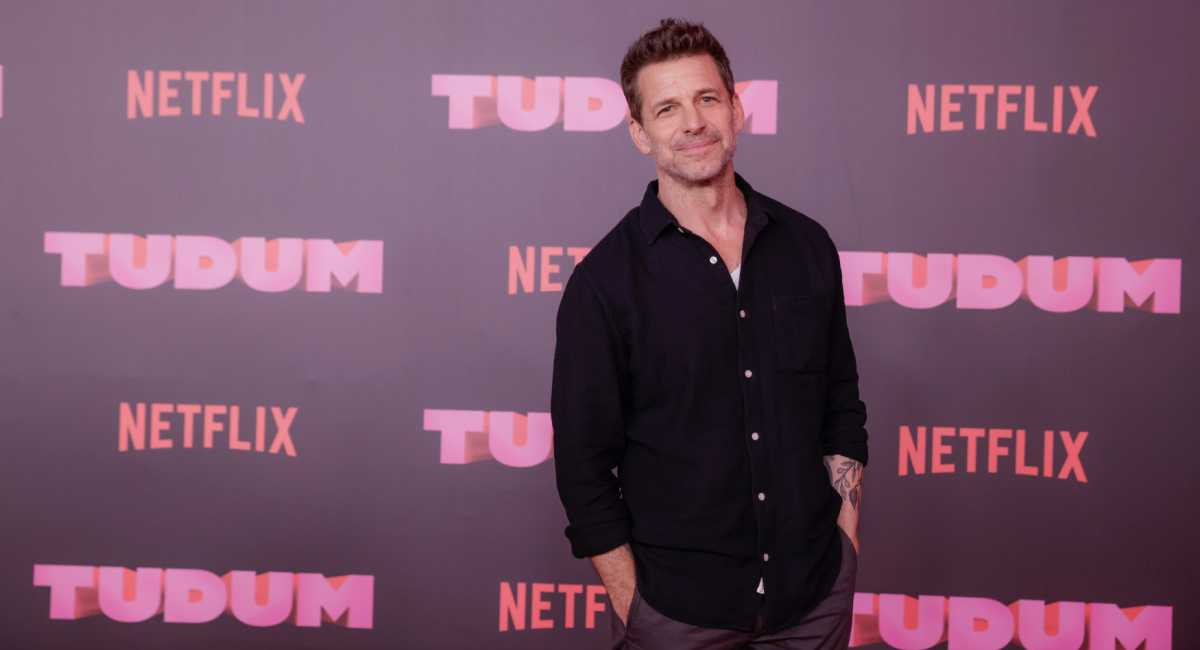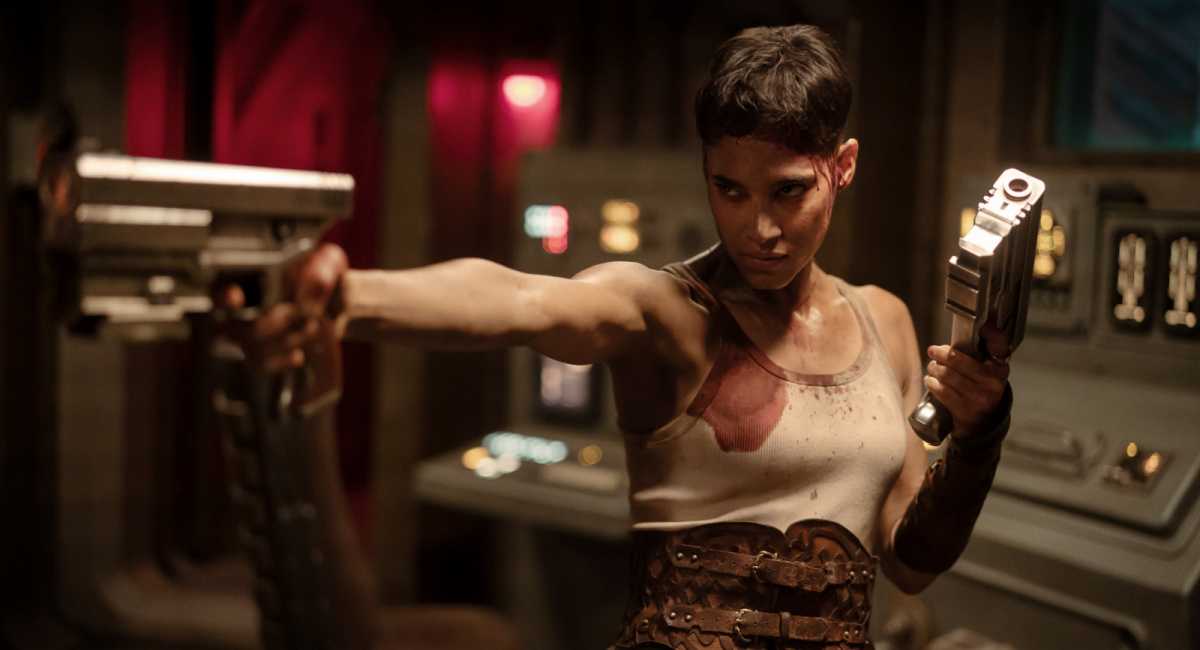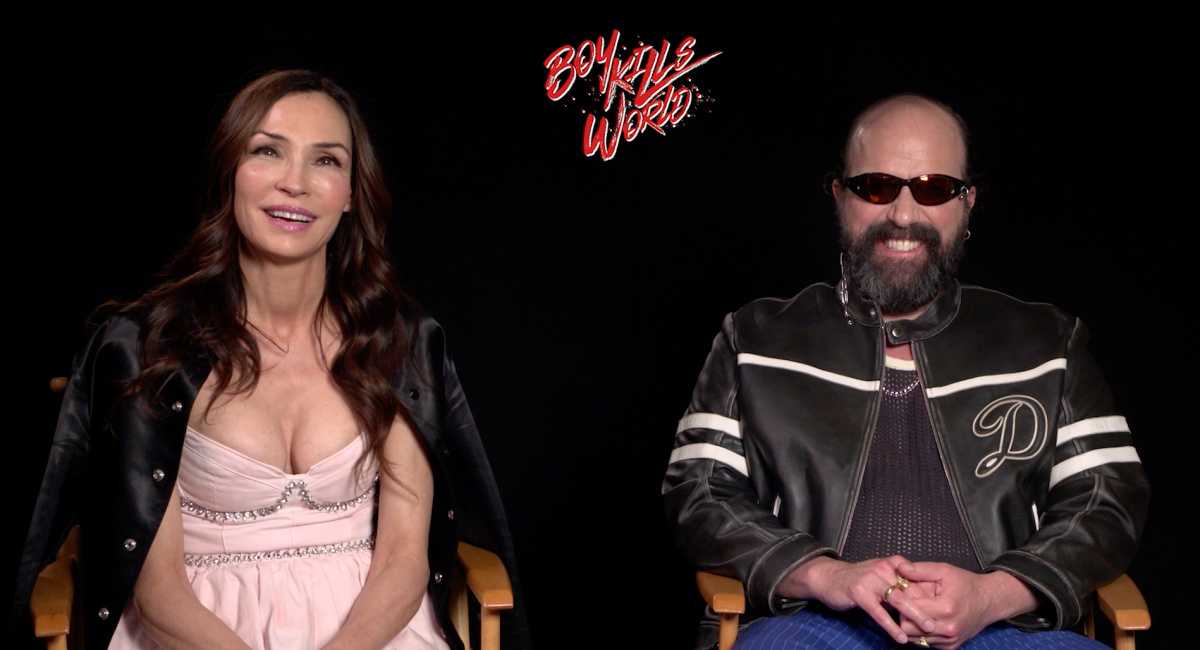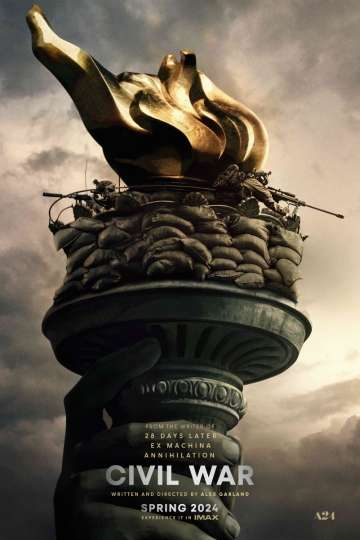Box Office: Did Moviegoers Get Lost on the Way to 'Maze Runner'?
This was supposed to be the big fall kickoff weekend at the multiplex. There was the sequel in a successful young-adult fantasy/sci-fi franchise and an A-lister starring in the first major Oscar hopeful of the season.
But two surprising things happened: "Maze Runner: The Scorch Trials" opened with $30.3 million, less than its predecessor, and Johnny Depp's "Black Mass" did slightly better than expected -- despite a "B" CinemaScore from audiences.
Was everyone too busy watching football this weekend, or arguing in coffee shops about Thursday's Republican presidential debate, or planning the last blowout barbecue before autumn officially arrives this week? Or was it just that, despite the hype, the studios by and large failed to make a compelling case for why people should come back to the theaters this weekend?
Jake Gyllenhaal's "Everest" premiered in fifth place with an estimated $7.6 million, but that's actually pretty good for a limited release that opened only on fewer than 550 screens and only in IMAX. Similarly, "Captive" opened down in tenth place with just an estimated $1.4 million, but that's still decent for Christian-themed drama in wide release.
Many experts expected all these movies to do a lot better. That they were disappointed may speak as much to faulty punditry -- which has been giving wildly off-the-mark predictions for months now -- as it does to audience apathy. Still, there are some lessons here regarding why these movies didn't do better.
Reviews Matter More to Younger Viewers Than You Think
And that may have been "Scorch Trials'" big problem. Critics didn't think much of the second installment, judging by a 49 percent fresh score at Rotten Tomatoes. Those weak reviews are not a knee-jerk response to the genre, since critics have been fairly kind to the "Hunger Games" movies, as well as the first "Maze Runner" last fall. So even though young viewers supposedly don't pay attention to reviews, they didn't seem to ignore them this time. Conversely...
Word-of-mouth May Matter More to Older viewers Than You Think
"Black Mass" actually got strong-ish reviews (76 percent fresh at Rotten Tomatoes), with many critics expressing admiration for Johnny Depp's performance as real-life Boston mob boss Whitey Bulger, seeing it as a return to form after a number of flops. Normally, that would have been enough to persuade the older ticketbuyers who come out for Oscar-hopeful movies in the fall, and who still take reviews seriously.
But viewers didn't like the movie as much as critics did, giving it a so-so B grade (Anecdotal chatter suggests that some viewers were put off by Depp's old-age make-up and his effort at a Boston accent.) By the way, "Scorch Trials" got a slightly higher B+ grade, but that word-of-mouth wasn't enough to keep it from premiering with about $2 million less than last year's initial installment.
Do Religious Movies Have a Saturation Point?
If so, then apparently three such films in the multiplex at once is one too many. Maybe that's why "Captive" hasn't been the hit that "War Room" has (in its fourth weekend, "War Room" was still earning an estimated $6.3 million, good for sixth place and a total of $49.1 million to date) or even that "90 Minutes in Heaven" has (it's No. 12 this weekend, with an estimated $1.0 million and a two-week total of $3.7 million).
Pundits were expecting "Captive" to open at $3 to $7 million -- it has two fairly recognizable stars (David Oyelowo and Kate Mara), it has a plot centering on a true story based on Rick Warren's spiritual bestseller "The Purpose-Driven Life," and Paramount marketed it by staging "Purpose"-themed screenings for church groups. Then again, "90 Minutes" also has two fairly recognizable stars (Kate Bosworth and Hayden Christensen) and still hasn't done as well as "War Room," which doesn't have any. Either the Christian moviegoing audience isn't big enough (or free-spending enough) to support three such movies at once, or else it will only support those movies it finds most compelling, star power or no star power.
People Will Come See Spectacle, if It's Well-Executed
That seems to be the case with "Everest," the true story of the 1996 Himalayan mountaineering disaster. The movie, which had a successful limited release this weekend, features a cast that includes Gyllenhaal, Keira Knightley, Robin Wright, Josh Brolin, and Jason Clarke. But it's the awe-inspiring visuals, rather than the acting, that have been the focus of buzz surrounding the film.
No wonder Universal chose to release it at first only on 545 screens, all of them IMAX and large format 3D. The result, thanks to smart marketing and the surcharges, was a $13,872 average per screen, nearly twice what "Scorch Trials" and "Black Mass" averaged. No doubt the word-of-mouth from those awed viewers will help sell the movie when it opens wide next week on standard screens.
It's a clever strategy, one pioneered successfully by "Mission: Impossible -- Ghost Protocol" in 2011. And we'll be seeing more of it soon, when TriStar debuts aerialist spectacle "The Walk" on specialty formats at the end of September, before expanding wide a week later. It's a nice reminder that people can still be lured away from their living rooms and smartphone screens to see something novel that they can only experience in a theater.



